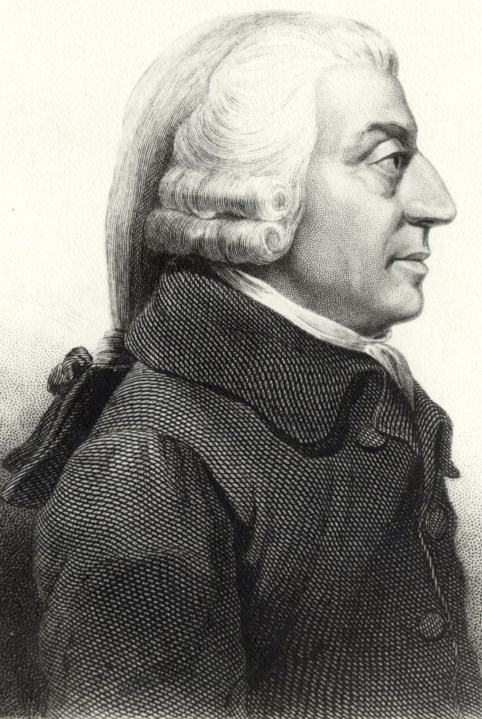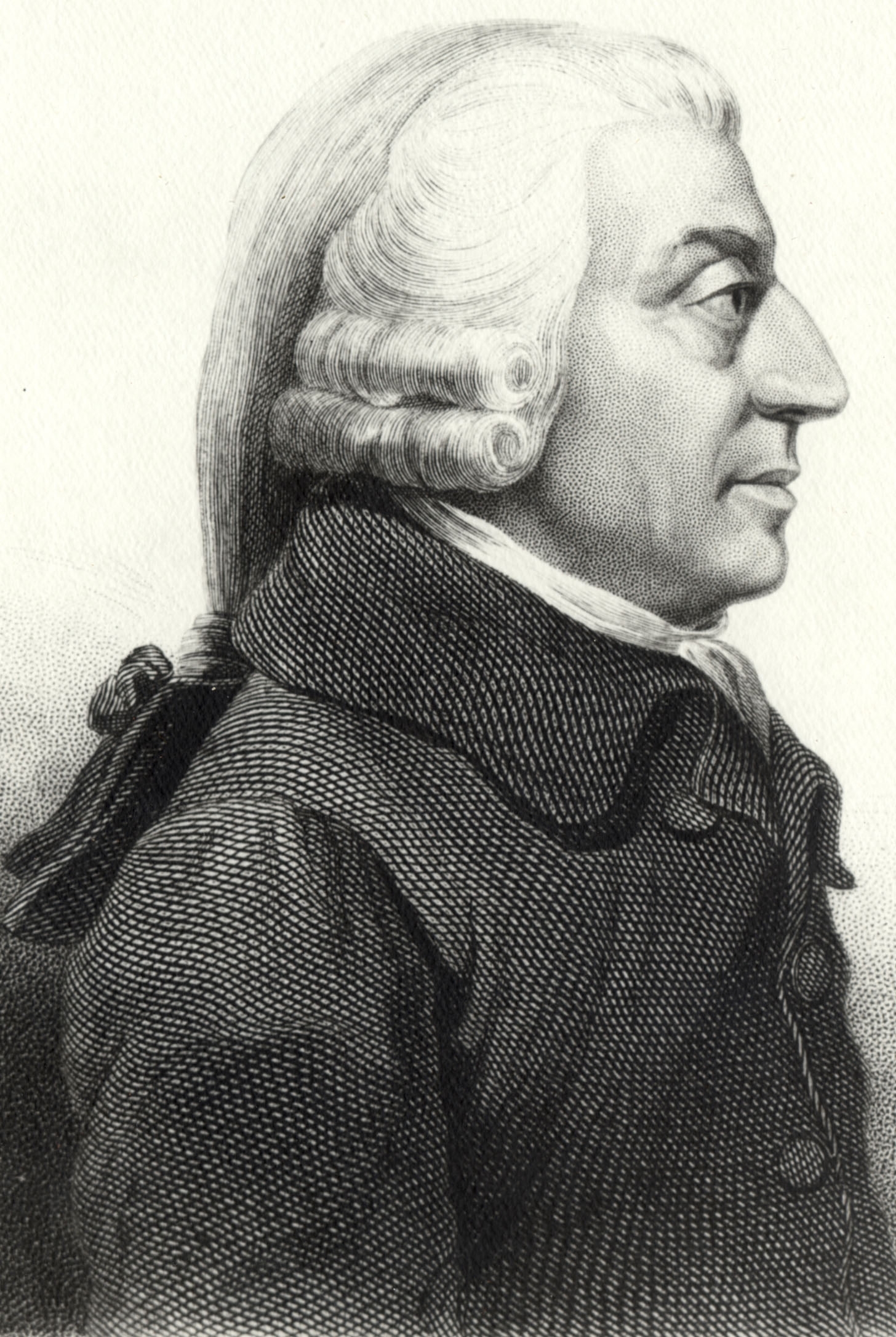 The Adam Smith Institute kindly asked me to speak at their Christmas reception last
night, and yesterday I was mulling what to say. When at The Scotsman ten years ago, I would sometimes visit the great man’s grave in Edinburgh, and be surprised to see only Chinese
tourists paying tribute. It was a pretty good sign of how political power would play out. Edinburgh is, with Prague and Stockholm, among the most beautiful cities in Europe; itself a monument to
the Enlightenment. And how tragic that students – even Scottish ones – are taught about the E word only in the context of the French Enlightenment. The likes of Rousseau, Voltaire,
Diderot wrote of grandiose ambitions and recasting society using state power. Smith, Hume, Ferguson etc were far more modest – advocates of letting go of power. These two competing
intellectual traditions have, for me, marked the difference between left and right. Pete advised me not to go too far into all this last night, to keep proceedings short and sweet – and I
didn’t. But I thought I might try it on Coffee House.
The Adam Smith Institute kindly asked me to speak at their Christmas reception last
night, and yesterday I was mulling what to say. When at The Scotsman ten years ago, I would sometimes visit the great man’s grave in Edinburgh, and be surprised to see only Chinese
tourists paying tribute. It was a pretty good sign of how political power would play out. Edinburgh is, with Prague and Stockholm, among the most beautiful cities in Europe; itself a monument to
the Enlightenment. And how tragic that students – even Scottish ones – are taught about the E word only in the context of the French Enlightenment. The likes of Rousseau, Voltaire,
Diderot wrote of grandiose ambitions and recasting society using state power. Smith, Hume, Ferguson etc were far more modest – advocates of letting go of power. These two competing
intellectual traditions have, for me, marked the difference between left and right. Pete advised me not to go too far into all this last night, to keep proceedings short and sweet – and I
didn’t. But I thought I might try it on Coffee House.
On Bastille Day 2004, I wrote a piece for The Scotsman saying how the French have the best parties. But the Anglo-Scottish revolution (‘Anglo,’ as I would throw in Locke) has delivered the
best results. The French Revolution was a disaster, leading to mass murder and the restoration of the monarchy – quite why it is so enthusiastically celebrated, I don’t know. Except I do: it
is the glorious intentions of the revolution that stir the heart. Liberty, Fraternity, Equality. Here was the classic leftist paradox: noble intentions, disastrous results.
The French Enlightenment has soaked up so much attention because involves grand, charismatic figures such as Voltaire, Rousseau and the priapic Diderot. It is far sexier. It is now taken to mean
the overthrow of aristocracy, and radical plans for equality. It was, fundamentally, about kicking ass. The Scots were more dull. Smith, Adam Ferguson and Francis Hutcheson were academics primarily
concerned with economic growth who preached tolerance and moderation. No one will make a film about Smith, in the way that two have been made about Diderot in the last ten years.
Both the Scots and French Enlightenments came in response to the various injustices and instabilities of the old colonial trading system, which saw business as a matter of exploitation – war
and empire, by other means. Smith wanted to address zero-sum economics, the mercantilist position which argued that a country has to nick wealth, rather than create it.
Crucially, many figures in the French Enlightenment had little faith in the masses. They feared that humans pursuing their self-interest become corrupt – and that, left alone, selfish instincts
would prevail. It followed that strong government was vital for a strong country. The only question was who should hold power. That so many people still believe this to be true (government
virtuous, masses selfish) is testimony to the allure of the French Enlightenment. It is been the basis for socialist governments worldwide.
The Scots, by contrast, took a radically dramatic world view. They believed that people, if left alone, are essentially virtuous – and, if given the tools, would slowly work out what is best for
themselves and their families. This would happen by evolution, not revolution. The “answers” to society, argued the Scots, are held by mankind in general – not by any elite
purporting to represent “the people”. The best way to improve a country is for government to uphold a few laws, then get out of the way and let the people do the rest. The Scottish
position is, effectively, a faith in mankind.
The Scottish model flourished in the United States. But in post-war Europe, it flopped, as elites and planned economies sprang up everywhere.
The paradox is that Britain – of all countries – has ended up lumbered with the French solution. Quite simply, it doesn’t fit. Britain does best when it follows the modest, humble
dictums of Adam Smith (as Thatcher demonstrated). So the French have the best slogans: Liberty, Fraternity, Equality. But it’s the principles of the Scottish Enlightenment that make them real.








Comments